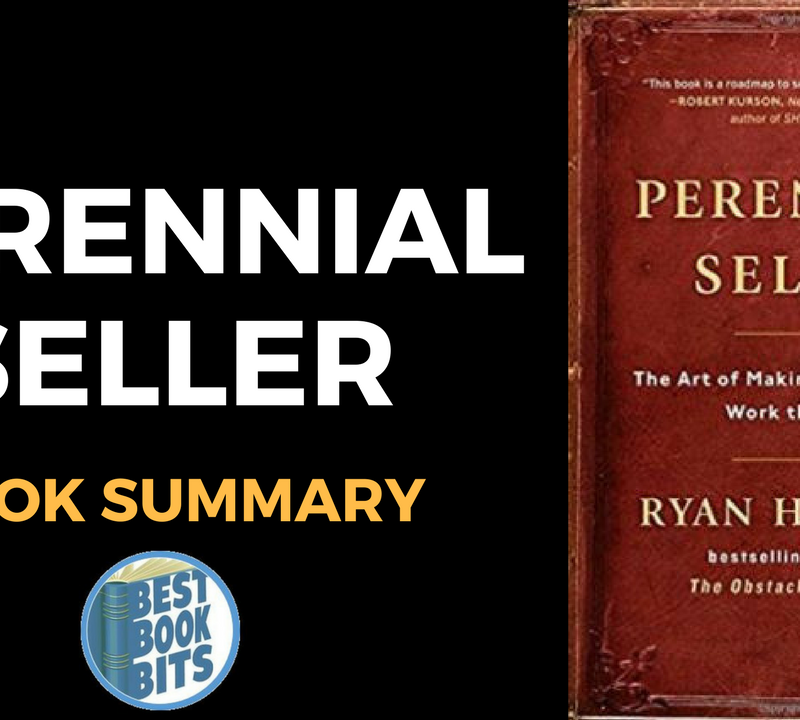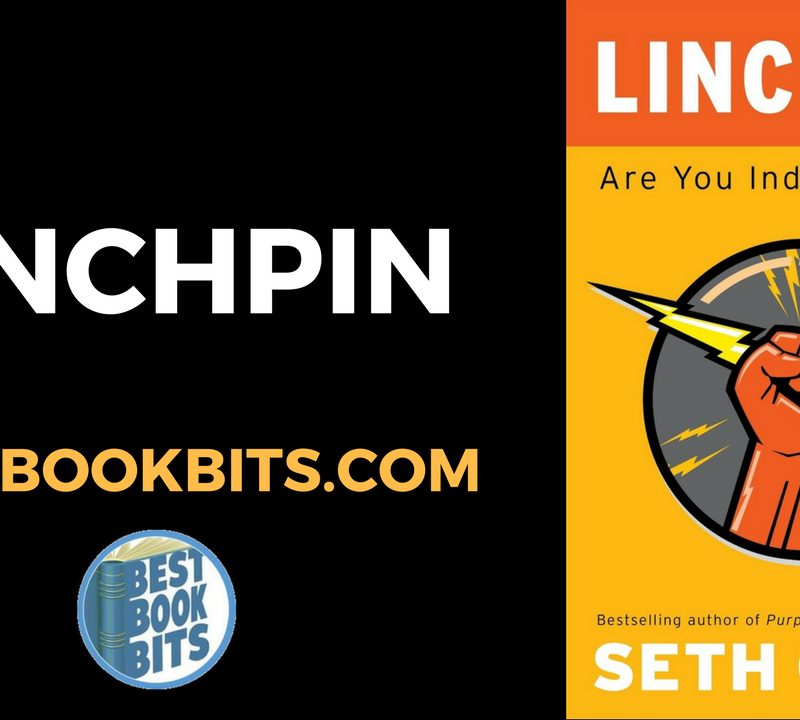★DOWNLOAD THIS FREE PDF SUMMARY HERE
? MY FREE BOOK TO LIVING YOUR DREAM LIFE”
? SPONSOR BESTBOOKBITS BY USING PATREON
? SUPPORT BESTBOOKBITS BY CLICKING THE LINKS BELOW
- 150 PDF Summaries
- Coaching Program
- Subscribe to My Channel
- Website
- Spotify
- Book Club
- Mailing List
The most successful people manage themselves. Drucker outlines how to do that, including effective questions to ask yourself and others in order to make sure you’re playing to your strengths and that everyone is lifting each other up. Not allowing differences to become conflicts.
Lessons
Great achievers manage themselves, they do not require being constantly managed by others. But we never learn this skill in school, and it’s something we need to cultivate on our own. This book provides strategies to be a better self-manager, just as “The Effective Executive” helps with managing others.
Finding Strengths
Drucker points out that we all have different strengths and weaknesses, and that it only makes sense to focus on growing and cultivating your strengths. Trying to fix all of your weaknesses will be a waste of time. But, we’re all bad at evaluating our strengths. We’re much better at knowing what we’re not good at. So he suggests constantly giving yourself feedback on how you’re doing:
“The only way to discover your strengths is through feedback analysis. Whenever you make a key decision or take a key action, write down what you expect will happen. Nine or 12 months later, compare the actual results with your expectations.”
Feedback will help you with a few guidelines he has for managing yourself:
- Focus on your strengths, do work where your strengths can produce results
- Work on improving your strengths, keep developing a competitive advantage in them.
- Find where your intellectual arrogance is causing ignorance. See where the gaps in your knowledge are and fill them in, even if you think they’re beneath you.
He emphasizes spending your resources on making the good aspects of your skill set great, not on making the bad aspects mediocre. This applies on the individual, as well as organizational level.
Reader vs. Listener
Drucker points out that most people are readers or listeners, and very rarely both. To learn and perform most effectively, you need to seriously evaluate whether you’re a reader, or listener, and focus on acquiring knowledge through the appropriate channel.
Questions to Ask Yourself
- Am I a reader or a listener?
- How do I learn?
- Do I work well with people, or am I a loner?
- If you do work well with people, you then must ask, In what relationship?
- Do I perform well under stress, or do I need a highly structured and predictable environment?
- Do I work best in a big organization or a small one?
Do not try to change yourself— you are unlikely to succeed. But work hard to improve the way you perform. And try not to take on work you cannot perform or will only perform poorly.
To figure out where you belong
- What are my strengths?
- How do I perform?
- What are my values?
These questions will also help you respond best to projects and assignments: “…knowing the answer to these questions enables a person to say to an opportunity, an offer, or an assignment, “Yes, I will do that. But this is the way I should be doing it. This is the way it should be structured. This is the way the relationships should be. These are the kind of results you should expect from me, and in this time frame, because this is who I am.”
For Planning
A plan can’t cover much more than 18 months while being reasonably clear and specific (probably less now). So ask yourself: “Where and how can I achieve results that will make a difference within the next year and a half?”
The answer to the question should be difficult to achieve and require you stretch yourself, and the results should be meaningful. Finally, results should be visible and, if at all possible, measurable.
From this will come a course of action: what to do, where and how to start, and what goals and deadlines to set.
Relationships
To be effective with others you need to recognize their strengths and tendencies as well, and focus on helping them promote their strengths, not on trying to change them.
You must also be responsible for effective communication.
When working with someone, always tell them: “This is what I am good at. This is how I work. These are my values. This is the contribution I plan to concentrate on and the results I should be expected to deliver,” and be sure to ask: “And what do I need to know about your strengths, how you perform, your values, and your proposed contribution?”
★DOWNLOAD THIS FREE PDF SUMMARY HERE
? MY FREE BOOK TO LIVING YOUR DREAM LIFE”
? SPONSOR BESTBOOKBITS BY USING PATREON
? SUPPORT BESTBOOKBITS BY CLICKING THE LINKS BELOW
One comment on “Peter Drucker: Managing Oneself Book Summary”
Leave a Reply
You must be logged in to post a comment.














I have noticed you don’t monetize your website, don’t waste
your traffic, you can earn additional cash every month because you’ve got high quality content.
If you want to know how to make extra money, search for:
Ercannou’s essential adsense alternative